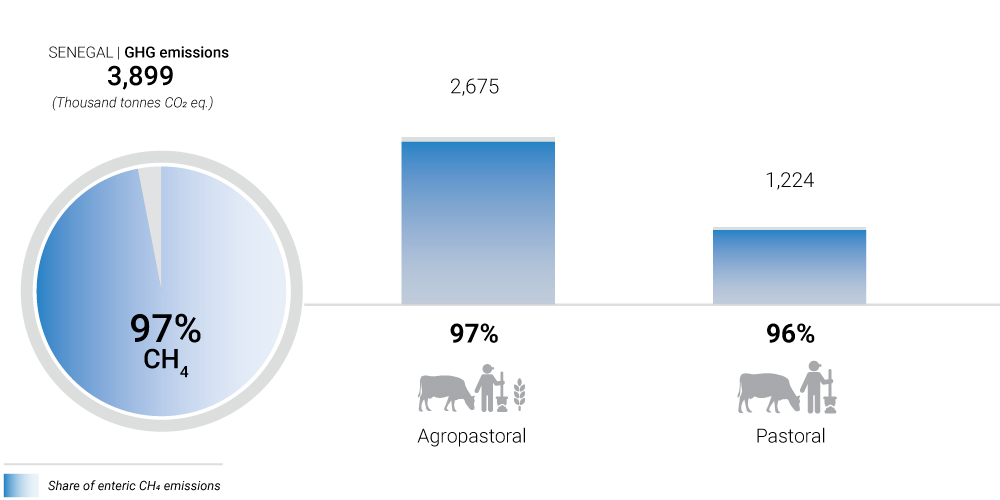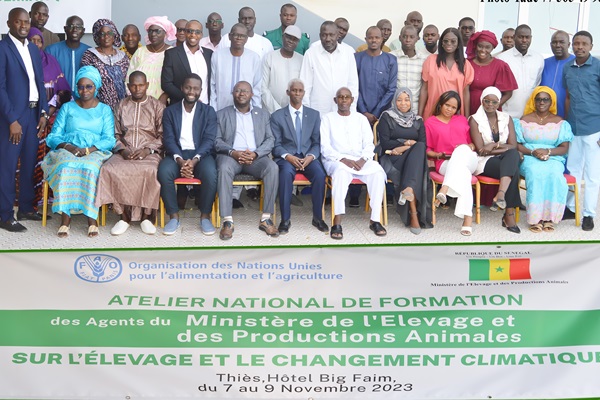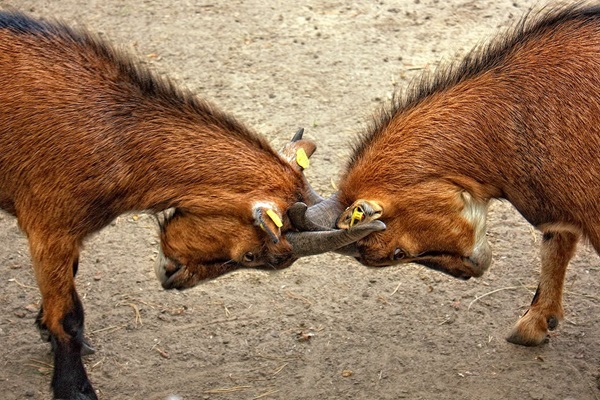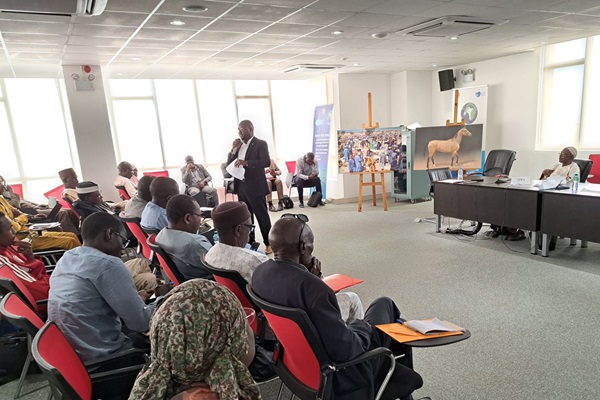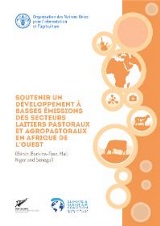 Senegal
Senegal

DC_Senegal
- 17.2 million
Human population - 107.6 million
Livestock population - 82% Chickens, 7% Sheep, 6% Goats and 5% other
Livestock composition - 15.3 percent
Agriculture, forestry, and fishing, value added (% of GDP)
Overview
Senegal’s pastoral and agropastoral production systems are spatially segregated and occupy the Northern and Southern parts of the country respectively. More than 75 percent of the milk produced comes from agropastoral systems. Milk yield is less than one litre of milk per cow per day. More than 710 thousand milking cows produced about 110 thousand litres of milk in 2013.
Baseline greenhouse gas emissions
The dairy sector of Senegal emitted about 3.9 million tonnes carbon dioxide equivalent (CO2-eq.) of greenhouse gases in 2013. Almost 70 percent of emissions came from agropastoral systems and methane from enteric fermentation was by far the dominant source of emissions, contributing over 95 percent. Emission intensities were44 kg CO2-eq. per kilograms of fat and protein corrected milk (FPCM) for pastoral systems and 31 kg CO2-eq/kg FPCM for agropastoral ones.
Mitigation interventions
Supplementation with urea-treated straw in agropastoral systems and forage tree cultivation in pastoral systems showed the highest potential to decrease emission intensity in both livestock production systems. Other interventions aimed at improving feeding and animal genetics had a high potential for impact. Applying an intervention package in Senegal could lead to emission intensity reductions reaching 33 percent. Such an intervention package would have co-benefits for farmers’ income and resilience as the better management of seasonal availability and digestibility of feed resources could also help the country face long-term fluctuations caused by climate change.
